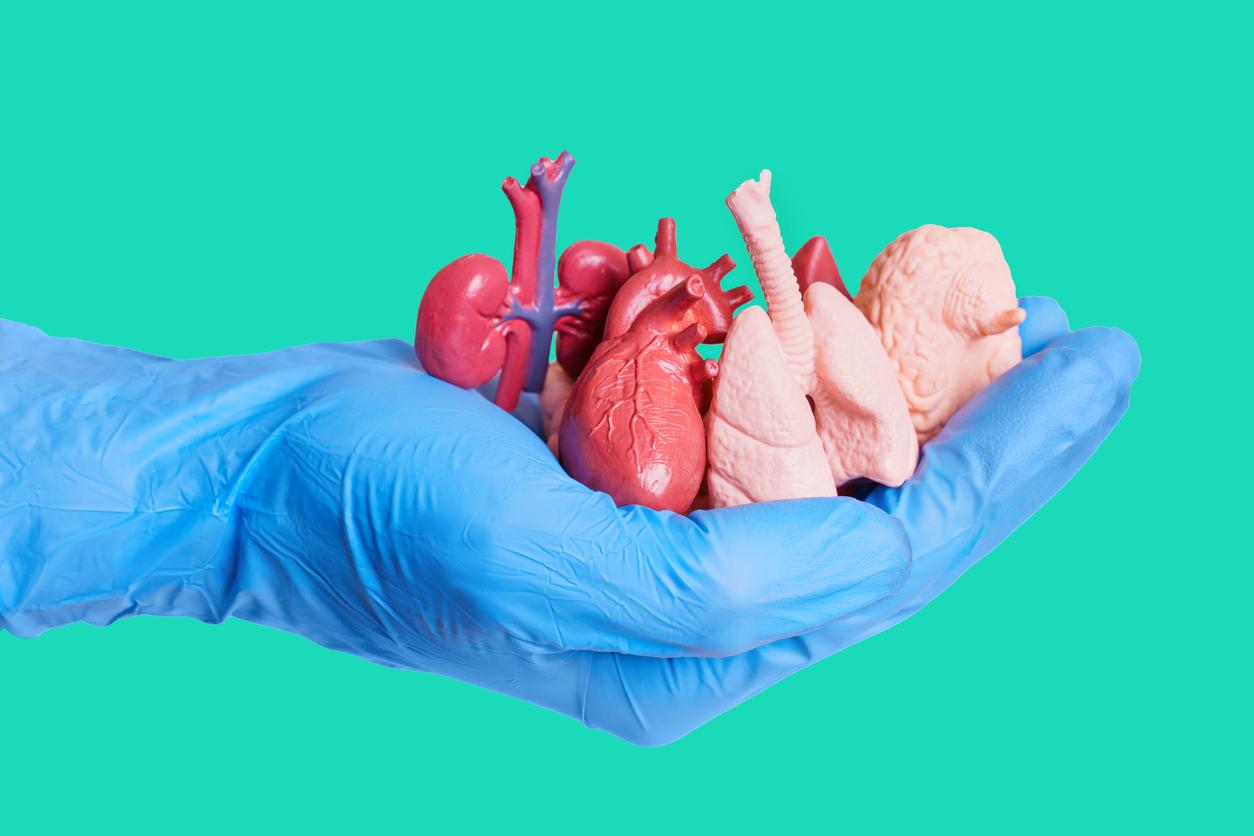In 2013, the number of organ transplants in France stood at 5,115. This is an increase of 1.8% compared to 2012. Organ transplants from living donors also experienced a sharp increase in 2013 with 414 grafts against 366 in 2012 (i.e. + 13.1%).
A progression of living donors
The Biomedicine Agency specifies that samples from people in a state of brain death concern several organs against only the kidneys or even the liver for people who died following a cardiac arrest. Living donors are mostly relatives or close friends of a patient who donate a kidney. In rarer cases, it may be the donation of a liver lobe.
Donations increased by more than 4% last year, with a total of 2,100 withdrawals, against 2,016 in 2012, in part thanks to an increase in living donors, according to figures from the Biomedicine Agency.
401 kidney transplants from living donors were performed in 2013 against 357 in 2012. These figures also reveal that since 2009, kidney transplants from living donors have increased by 80%.
Regional disparities
The oppositions levies tend to decrease but remain high, with an average of 32.9% refusals in 2013 (33.8% in 2012) and regions such as Antilles-Guyana and Ile-de-France where the rates of refusals are 40%.
“We are working to reduce these regional disparities and we want to increase the number of perfusion machines for the kidneys, which allow this organ to be kept longer, once removed, in a state of being transplanted” recalls the Agency.
“But these results are encouraging for patients who, like every year, are still more numerous on the national waiting list. It should be remembered that organ transplants can save lives or considerably improve the lives of patients, ”the Agency welcomes in a press release.
How to donate an organ?
To give a organ, you must be of legal age, strong will and in good health. If you want to be a donor after your death, the best is to warn your relatives because they are the ones who will make the final decision if necessary. It is important to remember that the donor card has no legal value even if it indicates your commitment to the donation.
















